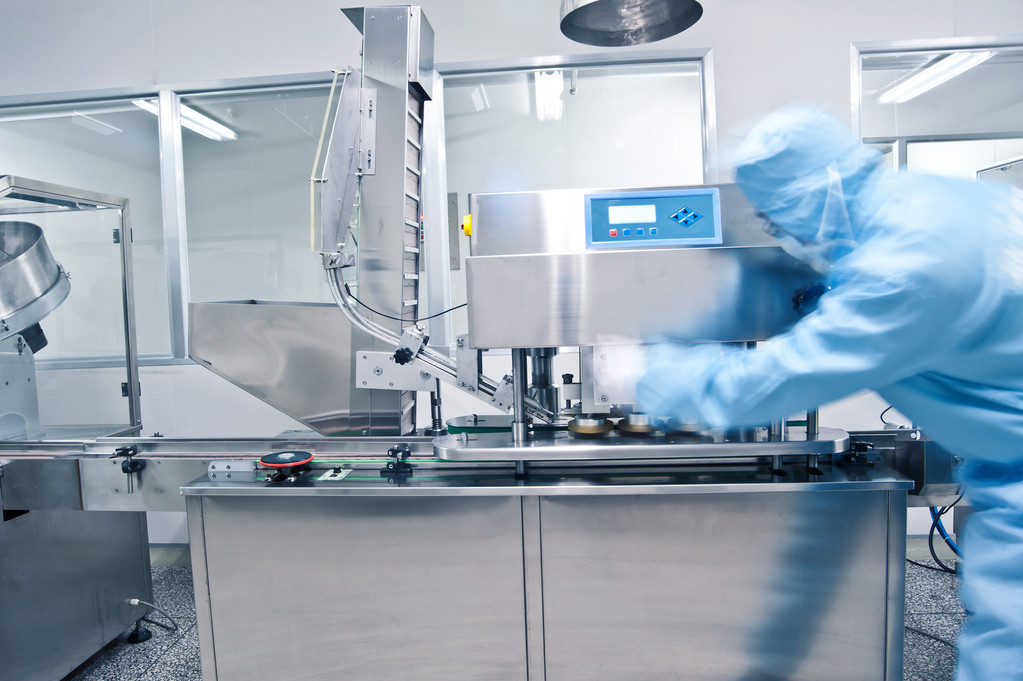
 CONTACT
CONTACT
- Linkman:Linda Yao
- Tel: +8618231198596
- Email:linda.yao@dcpharma.cn
- Linkman:CHARLES.WANG
- Department:Overseas
- Tel: 0086 0311-85537378 0086 0311-85539701
High-purity ε-polylysine hydrochloride
TIME:2023-11-13
The anticorrosion effect of ε-polylysine hydrochloride, like many corrosion inhibitors, can be influenced by various factors.Corrosion inhibition is a complex process affected by the characteristics of the inhibitor and the environment in which it is used.Concentration, type of metal or alloy, environmental conditions, pH of the solution, exposure time, presence of other corrosion inhibitors, film formation, temperature, mechanism of action and surface preparation are the influences of ε-polylysine hydrochloride effect of some factors.
The effectiveness of ε-polylysine hydrochloride as a corrosion inhibitor is often concentration-dependent.Higher concentrations may provide better protection, up to a certain point where further increases might not significantly improve performance.
Different metals and alloys exhibit varying susceptibilities to corrosion.The effectiveness of ε-polylysine hydrochloride may vary depending on the specific material being protected.The inhibitor might be more effective for certain metals and less so for others.
The environment in which the metal is exposed plays a crucial role.Factors such as temperature, humidity, pH, and the presence of other chemicals can impact the anticorrosion performance of ε-polylysine hydrochloride.
The pH of the solution can influence the charge and reactivity of ε-polylysine hydrochloride.The inhibitor might be more effective under specific pH conditions, and its performance could be compromised in highly acidic or alkaline environments.
The duration of exposure to ε-polylysine hydrochloride can affect its ability to inhibit corrosion. Longer exposure times may allow for more sustained protection, but the effectiveness could diminish over time.
The simultaneous use of multiple corrosion inhibitors can have synergistic or antagonistic effects. Compatibility and interactions between ε-polylysine hydrochloride and other inhibitors need to be considered.
ε-Polylysine hydrochloride may form a protective film on the metal surface, inhibiting corrosion. The efficiency of this film formation can be influenced by the inhibitor concentration and the conditions of the environment.
Temperature can impact the kinetics of corrosion processes.The effectiveness of ε-polylysine hydrochloride may vary with temperature, and its performance should be evaluated under conditions representative of the intended application.
Understanding the mechanism by which ε-polylysine hydrochloride inhibits corrosion is essential.This knowledge can guide the optimization of conditions for its application.
The condition of the metal surface before the application of ε-polylysine hydrochloride can affect the inhibitor's ability to form a protective layer.Proper cleaning and preparation are important for optimal anticorrosion performance.
It's crucial to conduct thorough testing and evaluation under specific application conditions to determine the most effective use of ε-polylysine hydrochloride as a corrosion inhibitor.
- Tel:+8618231198596
- Whatsapp:18231198596
- Chat With Skype







